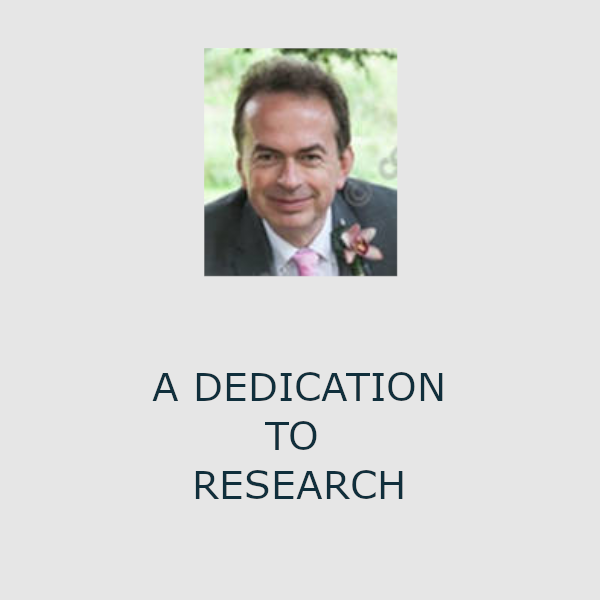FG reaffirms dedication to research and innovation

Government Emphasizes Research and Innovation as Key to National Progress
The Nigerian government has reaffirmed its dedication to boosting investments in research, innovation, and skills development, highlighting these as essential components for the country’s socioeconomic growth. It emphasized that addressing issues like poverty, food insecurity, and the impacts of climate change requires leveraging knowledge and technology.
Dr. Tanko Sununu, the Minister of State for Humanitarian and Poverty Reduction, made these remarks at the 3rd Annual Scientific Conference and Alumni General Meeting of the College of Health Sciences at Usmanu Danfodiyo University (UDUS). The event took place at the College Auditorium of Usmanu Danfodiyo University Teaching Hospital (UDUTH) in Sokoto.
Speaking to an audience comprising academics, industry professionals, and medical practitioners, Dr. Sununu underscored that research is not a luxury but a necessity for any nation aiming for meaningful progress. He argued that without investing in knowledge production, no country can effectively tackle its domestic challenges or compete globally.
Drawing from his time in the House of Representatives, the minister shared an example of how a shift in funding transformed the fortunes of the National Institute of Medical Research. Once receiving only $200,000 annually, the institute was able to attract $6 million in a single year through increased government support and international collaboration.
“When you invest in research, you don’t lose; it comes back in the form of innovation, jobs, industries, and homegrown solutions. We need climate-resilient crops, livestock that can withstand disease, and technologies that respond to our own realities. That is how research can directly translate into food security, poverty reduction, and economic stability,” he said.
Dr. Sununu also highlighted that the 2025 Federal Budget includes priority funding for research and innovation. He stressed the importance of universities working closely with industries to ensure that research findings are converted into practical solutions that improve lives and boost national revenue. He noted that strong academic-industry collaboration remains a key missing link in Nigeria’s knowledge ecosystem.
A Platform for Innovation and Academic Excellence
Earlier in his address, the Provost of the College of Health Sciences, Prof. Abdulgafar Jimoh, described the conference, themed ‘Innovations in Health Research and Practice for Sustainable Development in Nigeria,’ as a platform for nurturing new ideas, advancing scholarship, and strengthening the future of medical education in the country.
Jimoh revealed that over 100 abstracts were submitted by researchers and health professionals for presentation, calling the volume and quality of submissions evidence of the vibrant research culture at UDUS. He also highlighted the college’s achievements, including pioneering the first kidney transplant in Sokoto and producing groundbreaking research that has been widely cited in international medical journals.
“The college remains committed to addressing health challenges through innovation. By strengthening collaborations with teaching hospitals, government agencies, and development partners, we are determined to continue setting standards in medical research and training,” the provost stated.
Distinguished Attendees and Collaborative Efforts
The event attracted notable figures, including the Vice Chancellor of UDUS, Prof. Bashiru Garba, who served as Special Guest of Honour, and the Chief Medical Director of UDUTH, Prof. Anas Ahmad Sabir, who co-hosted the occasion. Both praised the conference as a bridge between theory and practice, encouraging young researchers to focus on work that directly impacts society.
The scientific conference and alumni gathering also offered a rare opportunity for knowledge exchange, networking, and mentorship. Participants explored ways to integrate indigenous knowledge systems with modern technologies to strengthen Nigeria’s health system and accelerate national development.
A Call for Continued Collaboration and Innovation
The discussions at the event emphasized the critical role of research and innovation in driving sustainable development across various sectors. From healthcare to agriculture, the potential for research to generate solutions that address real-world problems was evident throughout the conference.
Participants recognized the need for continued investment in research infrastructure, training, and partnerships between academic institutions and industry stakeholders. By fostering such collaborations, Nigeria can build a more resilient and innovative economy that meets the needs of its growing population.
As the country moves forward, the emphasis on research and innovation will be vital in shaping a future where knowledge and technology serve as the backbone of national progress.

Comments
Post a Comment